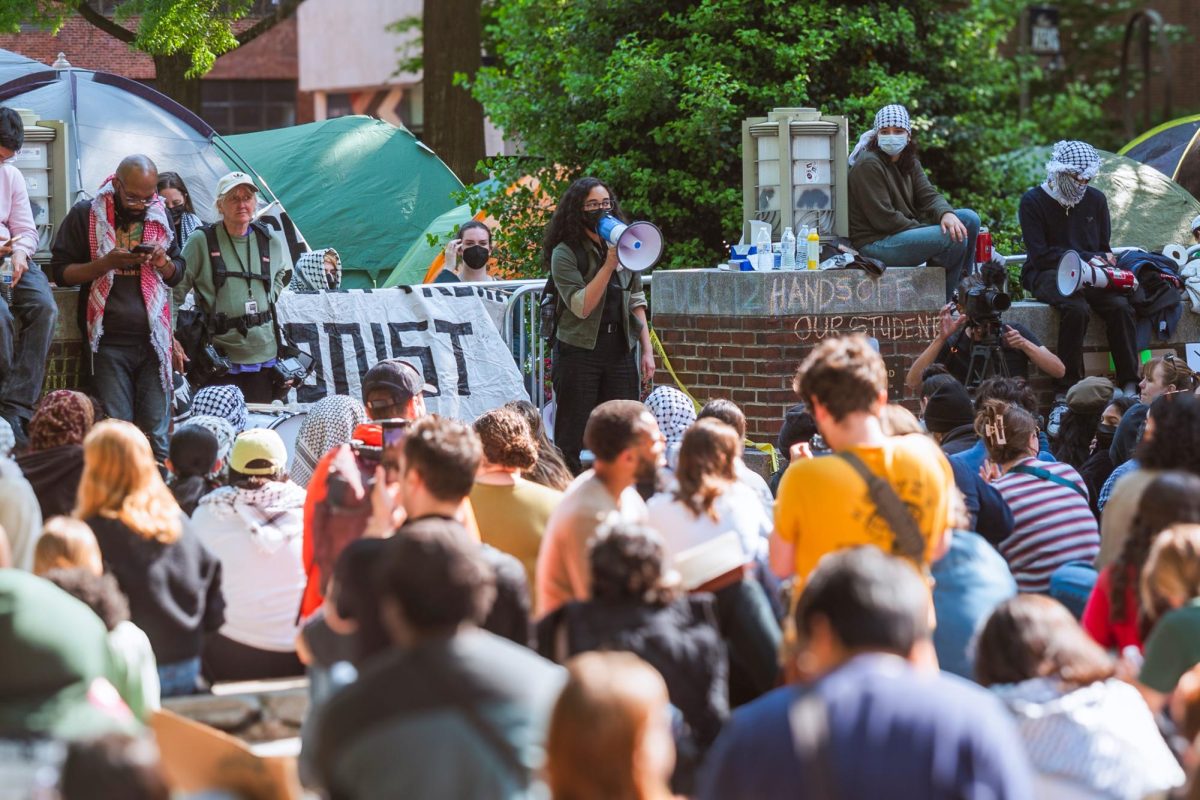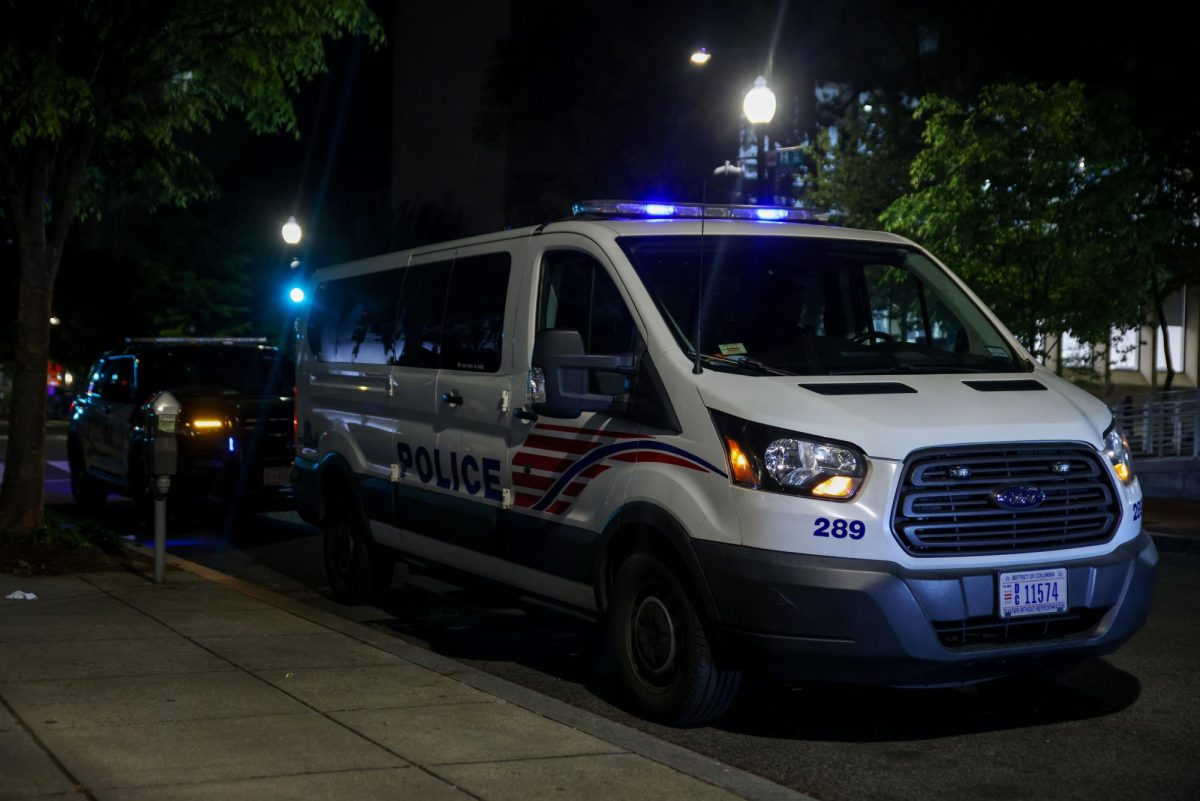It is not uncommon for bars and clubs to advertise events with a minimum entrance age of 18 for females and 21 for males, but the D.C. government is informing establishments that this practice is not only illegal, but a violation of civil rights.
The District’s Alcohol Beverage Control Board, part of the Alcoholic Beverage Regulation Administration, raised the issue this year and sent it to the U.S. Attorney General’s office to verify if the practice was illegal. The U.S. Attorney General’s office responded in May that the club policy was in violation of the Human Rights Act of 1977.
After voting to make the opinion public, the alcohol board is in the process of spreading the word to attorneys and ABC licensees to curtail these policies.
Fred Moosally, general counsel for ABRA, said this is the first effort he has seen within the District to take up this issue. He said the alcohol board is in the process of sending all of its licensees a memo informing them of this opinion. Any violations found will be reported to D.C.’s Office of Human Rights, Moosally said.
“The laws of D.C. are the laws of D.C. You have to follow them,” said Mital Gandhi, a member of the ABC board. “If establishments aren’t doing that, we do have an issue with that.”
Gandhi calls the common club policy a civil rights issue, as well as a “basic law that (the bars) are not abiding by.” These practices are not only illegal but potentially dangerous, Gandhi said, since these establishments must take special precautions to ensure that those people under 21 are not drinking alcohol.
Gandhi also recognized that many bars and clubs are catering to the college crowd with these practices. “That’s a business decision they’re making,” he said.
He said D.C. has more of a responsibility than other cities across the country to enforce these laws and set an example because of its international and cultural standing.
Cynthia Woodruff-Simms, ABRA’s community resource officer, said other variations of this discrimination include charging a lower cover for females and distinguishing between required dress codes based on gender. She said she knows of a few places in Adams Morgan, U Street and the Southeast Waterfront that use these practices.
Mary Cheh, a D.C. City Councilmember and GW Law School professor, said she agrees with the illegality of this practice.
“It is unlawful, in my opinion, to discriminate by allowing underage women but not men to enter,” Cheh said. “Indeed, I don’t even think it’s a close question.”







